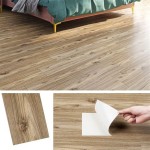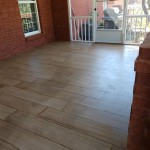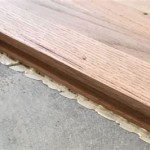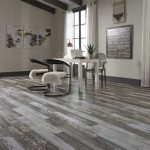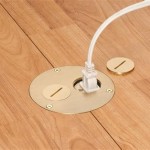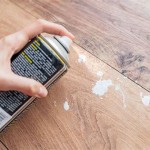Do Wood Floors Increase Home Value?
Solid hardwood flooring has long been considered a desirable feature in homes, adding both beauty and value. It is a popular choice among homeowners and potential buyers alike, as it is durable, easy to clean, and can complement any décor style.
The question often arises whether wood floors increase home value. While there is no definitive answer that applies to all homes, studies and anecdotal evidence suggest that wood floors can indeed have a positive impact on a home's value.
According to the National Association of Realtors (NAR), homes with hardwood floors sell for an average of 2.5% more than comparable homes with other types of flooring. This premium can vary depending on the location, condition, and type of wood flooring, but it is generally agreed upon that wood floors are a desirable feature that can command a higher price point.
There are several reasons why wood floors can increase home value. First, they are durable and long-lasting, which is a major selling point for potential buyers. Hardwood floors can withstand heavy foot traffic, furniture, and other wear and tear, making them a wise investment for homeowners.
Second, wood floors are easy to clean and maintain. Unlike carpets, which can trap dirt and allergens, wood floors can be easily swept, vacuumed, or mopped. This makes them a more hygienic option, which is especially important for families with children or pets.
Third, wood floors are versatile and can complement any décor style. From traditional to modern, farmhouse to coastal, wood floors effortlessly blend in and create a warm and inviting atmosphere. This makes them a popular choice for homeowners who want a flooring option that will not clash with their existing or future décor.
While wood floors generally increase home value, there are some factors that can affect their impact. The type of wood, the condition of the floor, and the overall style of the home can all influence the value it adds.
Harder woods, such as oak or maple, are more durable and command a higher price than softer woods, such as pine or fir. Additionally, well-maintained wood floors with minimal scratches or dents will add more value than floors that are damaged or worn.
The overall style of the home is also a factor to consider. In homes with traditional or classic décor, hardwood floors are a natural fit and can significantly increase the value. However, in homes with more modern or contemporary décor, other flooring options, such as tile or laminate, may be more appropriate and may not add as much value as wood floors.
Ultimately, whether wood floors increase the home's value depends on a variety of factors. However, when considering the durability, ease of maintenance, versatility, and timeless appeal of wood floors, it is a safe assumption that they can indeed add value to a home.

Flooring Options To Increase Home Re Value Twenty Oak

Do Hardwood Floors Increase Home Value Roi Cost

Can Installing Hardwood Floors Raise Your Home S Value 50floor

Can New Floors Increase Your Home S Value

Increase Home Value With Flooring Classic Wood Floors

How Much Do Hardwood Floors Increase Home Value Easiklip

Will Installing Wood Floors Increase The Value Of My Home Flooring Blog

Elevate Your Home Value Instantly With These Floors Déco Surfaces

Does Laminate Flooring Increase Home Value Or Will It Never Live Up

Do Hardwood Floors Increase Your Home S Value 2024 Update
